A 3rd wave of Covid-19 hits Colombia with more than 2.8 million cases of Covid-19. It is the third most affected country in Latin America after Brazil and Argentina. It is also in 3rd place for the number of deaths (72,200). Brazil is the first, followed by Mexico. A new daily death record, with 490 dead, was reached on April 28.
At the same time, a series of riots have broken out in the country since April 28. The tax reform bill is at the center of the revolt. Protesters oppose the police in the capital but also in Cali, Medelin, Barranquilla and Neivas and other cities.
The demonstrators were the most numerous in Bogota and Cali, to oppose the right-wing government of President Ivan Duque. The majority of them belong to the middle class, the most affected.
First victims
On May 1, thousands of Colombians demonstrated for the 4th day in a row. They demanded the withdrawal of the tax reform bill.
A few days later, on May 5, official sources announced at least 24 dead (37 according to local NGOs) and nearly 850 injured. There were also nearly 90 people missing.
After the government’s withdrawal of the bill, the Minister of Finance, Alberto Carrasquilla, resigned on May 3. The challenge does not weaken despite the promises of a new text. The points in dispute were based on the increase in VAT and the broadening of the income tax base.
Insecurity
The government accuses the protesters of having links with dissidents from the Farc, the National Liberation Army (ELN), and drug trafficking gangs.
“It is a criminal organization, which hides behind legitimate social aspirations to destabilize society, generate terror”, declared the Colombian president.
For its part, the opposition is demonstrating against insecurity and the assassinations of social leaders and ex-combatants. It claims the violations of the peace agreement between the government and the FARC, since its signature in 2016, according to the special peace jurisdiction (JEP). Since that date, there have been nearly a thousand social leaders and 269 ex-guerrillas murdered. According to the magistrates of the JEP, threats, homicides, disappearances, kidnappings and other attacks hang over the heads of many important people.
The reasons for the unrest in the country
Since his election in 2018, Ivan Duque has been accused of authoritarian abuses by the opposition and human rights associations. The country’s economic situation and unpopular reforms are at the center of the protests.
In 2020, the GDP fell 6.8%, the unemployment rate rose to 16.8% and poverty hit 42.5% of the population.
Tax reform
The main reason for the protests is tax reform aimed at raising $ 6.8 billion. It provides for lower income tax floors and a 1% tax on assets over $ 1.3 million. The government is also targeting a VAT hike on basic services such as electricity, gas and sanitation. Rising gasoline prices, installing new tolls, freezing public sector wages until 2026 and cuts in social programs are part of this project.
According to several unions and indigenous associations, this reform multiplies by 10 the tax burden on the most modest and the middle classes. On the contrary, the privileges of the wealthy are not affected.
The other reforms
The 2 other reforms soon to be adopted aim at an overhaul of the labor market to increase flexibility and the other the health system, including the regionalization of the system and increased liberalization of the sector.
“The President’s Men”
Although unpopular, President Ivan Duque has placed relatives in key positions, by decree or appointment. They are found in the control of the administration: Civil Service (Procuraduriax), Tax Control (Contraloria) and Protection of Rights (Defender of the People).
Le Fiscal (Chief Prosecutor) is a childhood friend of Iván Duque. Álvaro Uribe, implicated in corruption cases, is protected by all government institutions that try to prevent him from being tried.
National and international reactions
The FIDH (International Federation for Human Rights) denounces serious violations by the police. It calls on the EU to immediately suspend all types of delivery of arms and military aid to the Colombian government.
In contrast, the president pointed to the facts of violent vandalism and urban terrorism. He published a message on social networks, asking the police to intervene to “defend people and property”.
In Cali, hundreds of soldiers and police have been deployed, raising the tension. A 22-year-old protester is shot dead in the head.
From the start, the UN reacted to the excessive use of force in Cali. Social media showed footage of police shooting protesters.
The United Nations High Commissioner for Human Rights said it was “deeply alarmed by the events in the city of Cali.
The United States, which has 7 military bases in Colombia, reaffirms its support for President Ivan Duque. They call for “the utmost restraint on the part of the police in order to avoid further loss of life.”
Amnesty International has called for an end to “the repression of demonstrations” and “the militarization of towns”.
What about today?
The National Committee had called for a national strike day on May 5. The general strike is a formidable means of bending the political class. Thus, road and public transport have been blocked. This is why the president demanded on Friday the lifting of the roadblocks (733 since the start of the movement on April 28). This affected the supply of fuel, medicine and food in several regions.
The Colombian Ombudsman’s Office has activated 60 humanitarian corridors in 17 of the 32 departments. This allowed the passage of food and medicine. As a result, doctors and injured during the demonstrations could be moved.
To lift the roadblocks in the southwest of the country, the Indians demand the presence of the head of state, Ivan Duque, but the latter refuses to negotiate under the pressure of a movement he considers illegal.
On May 6, 2021, in Bogota, dozens of people paid tribute to the victims killed during recent protests. Violent clashes with the police for several days have left at least 27 dead and nearly 1,506 injured. Among them, there are 680 civilians and 826 law enforcement officers
On May 7, the president was ready to meet the national strike committee, initiator of the movement, to find a solution and resolve the situation.
In France, a rally was held on May 8, Place de la République, in Paris. He supported the movement in Colombia and denounced the repression.

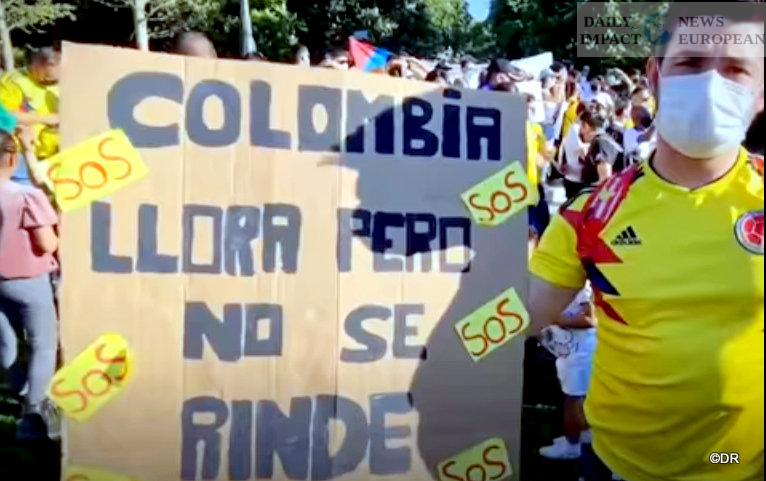
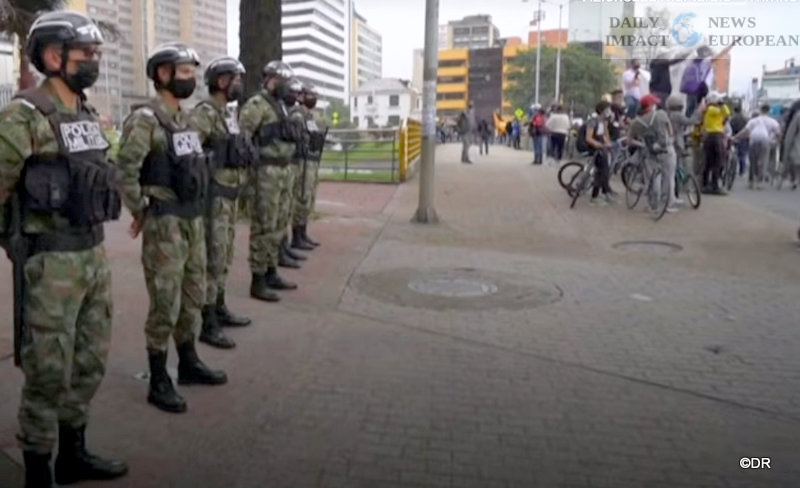
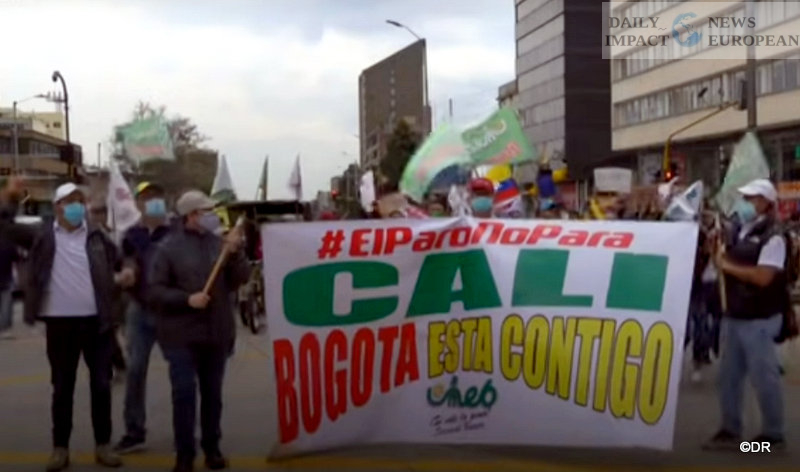
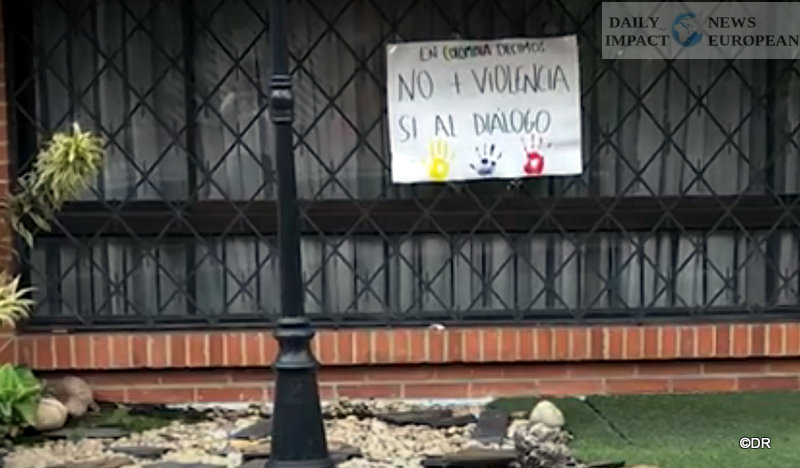
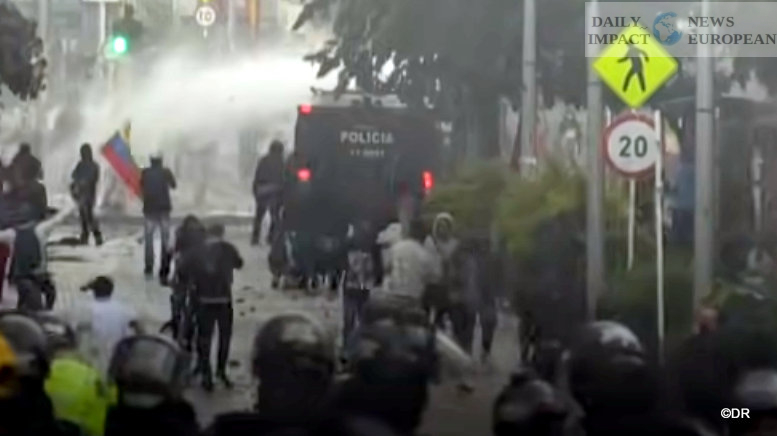
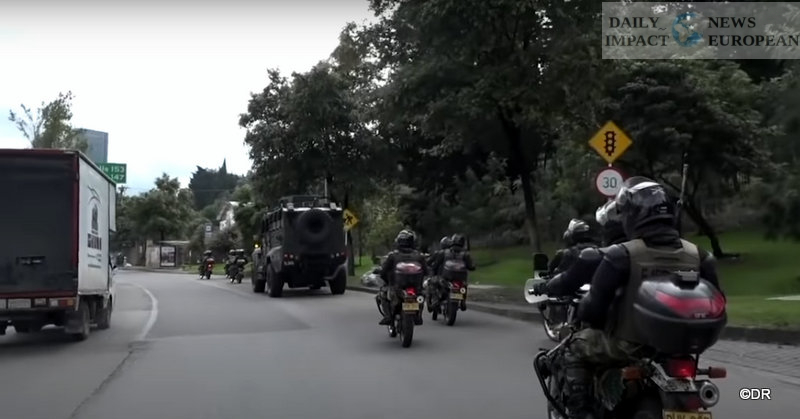
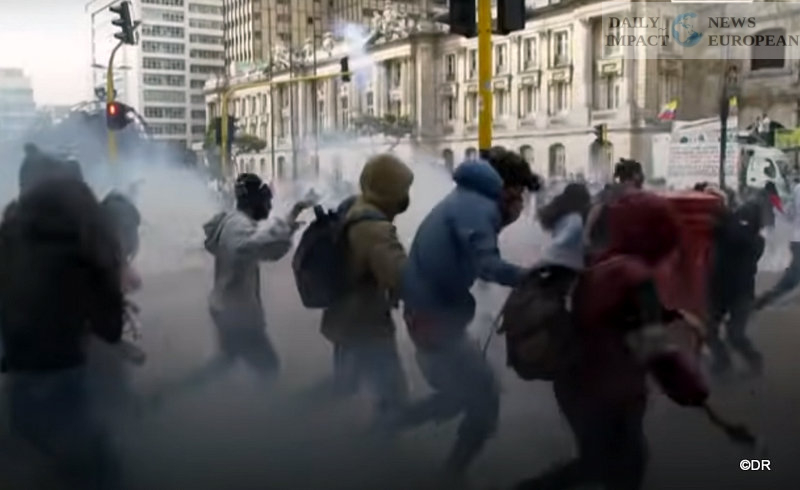
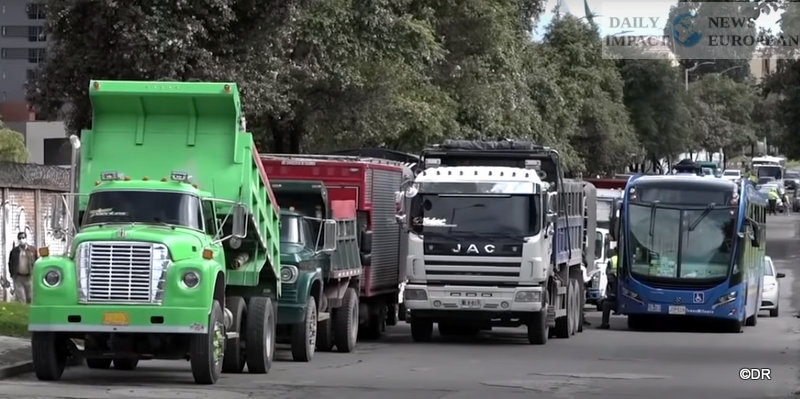
More Stories
METAL D’ALCOVE, the workshop of Eric KATZ, lighting sculptor in Montmartre
Paris Marathon 2024: Victory for Ethiopians at the Paris marathon
Gelsomina